#OscarsSoStraight: Does Ian McKellen Have A Point About LGBT Actors Being Passed Over For Awards?
There's another Oscars controversy brewing.
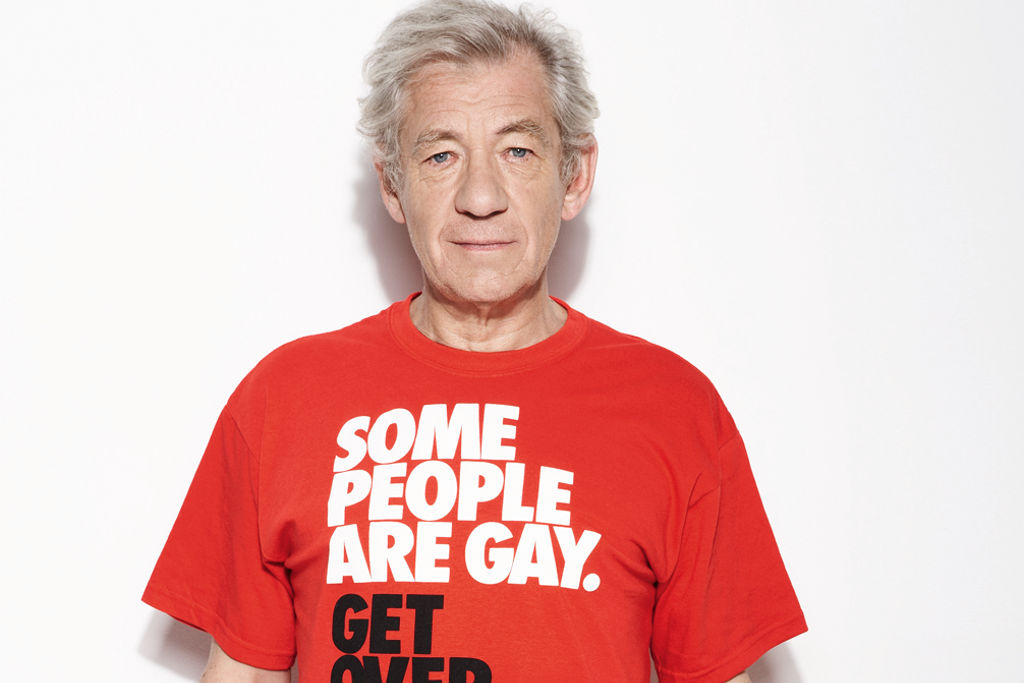
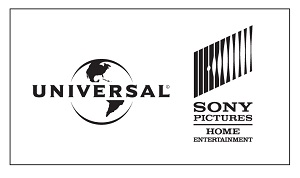
Happily Brought To You By Universal Sony
This article was proudly commissioned by Universal Sony.
–
While the internet has been at peak anger over #OscarsSoWhite and The Academy themselves have been in crisis mode, it’s important to remember that when we talk about diversity in cinema we’re talking about all kinds of diversity. It’s why they have announced initiatives to not only bolster the near 90-year-old organisation’s racial diversity, but also address their historic gender disparity. Because, you know, women make up 51 percent of the Earth’s population, so shouldn’t they make up more than 24 percent of the voters?
But it doesn’t stop there. Enter Sir Ian McKellen, who’s waded into the conversation with some much wiser words than Charlotte Rampling, Michael Caine and Julie Delpy. Speaking on Tuesday to The Guardian, Gandalf himself spoke of how he has “great sympathy with any group who feels they are under-represented in their industry,” but that homophobia is just as much of an issue within Hollywood and the Academy as racism and sexism.
“No openly gay man has ever won the Oscar; I wonder if that is prejudice or chance,” McKellen said. “My speech has been in two jackets … ‘I’m proud to be the first openly gay man to win the Oscar.’ I’ve had to put it back in my pocket twice.”
He pointed to the likes of Tom Hanks, Philip Seymour Hoffman, and Sean Penn – all heterosexual actors who have won Academy Awards for playing gay men in Philadelphia (1993), Milk (2008), and Capote (2005) respectively. And he didn’t even mention William Hurt in Kiss of the Spider Woman (1985), Christopher Plummer for Beginners (2011), or Jared Leto who won for playing a transgender woman in Dallas Buyers Club (2013). Nor did he mention the women who’ve also won Oscars for portraying LGBT roles: Charlize Theron in Monster (2003), Penelope Cruz in Vicky Cristina Barcelona (2008), and Hilary Swank who won for playing a transgender man in Boys Don’t Cry (1999).
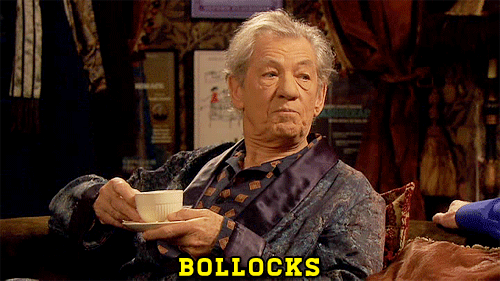
Sir Ian has twice been Oscar-nominated, first for his portrayal of homosexual 1930s film director James Whale (he made Frankenstein!) in Gods and Monsters (1998), and then again for everybody’s favourite wizard, Gandalf, in The Lord of the Rings: The Fellowship of the Ring. He most definitely should have won for the former (Oscar members were clearly drunk when they gave the statue to a bumbling Roberto Benigni for Life is Beautiful), and probably again for the latter.
It’s also important to note the operative word of his comment: “openly”. Jodie Foster has won twice for The Accused (1988) and Silence of the Lambs (1990), but didn’t officially come out until many years later. Likewise Angelina Jolie, who only spoke of her bisexuality after winning an Oscar for Girl, Interrupted (1999). Another gay Sir, John Gielgud, won an Oscar in 1982 for Arthur, and his sexuality was an industry open secret.
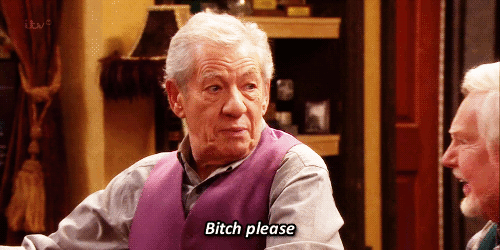
Outside the acting categories, though, openly gay men and women have gotten their hands on an Oscar. Names like Elton John, Melissa Etheridge, and Stephen Sondheim have all won for their original songs, as have an assortment of technicians and even director John Schlesinger, who won a statue for Midnight Cowboy (1969). One more? Bill Condon did win an Oscar for his screenplay to Gods and Monsters (just look how happy Sir Ian is by the news!), and Australian animator Adam Elliot publicly thanked his boyfriend when winning for his short film Harvey Krumpet.
But fast-forward to 2016, and the troubling trend of straight actors being rewarded for playing (and arguably co-opting) LGBT roles in cinema looks to be back with a vengeance. This year’s Oscar nominees naturally include Our Cate and Rooney Mara playing lesbians in Carol, and Eddie Redmayne as trans pioneer Lili Elbe in The Danish Girl.
Ellen Page has backed McKellen’s sentiment, arguing that Hollywood acts with double standards when it comes to homosexuality. “There’s still that double standard. I look at all the things I’ve done in movies: I’ve drugged a guy, tortured someone, become a roller-derby star overnight,” Page told Elle UK. “But now I’m gay, I can’t play a straight person?”
The more things change the more they stay the same.
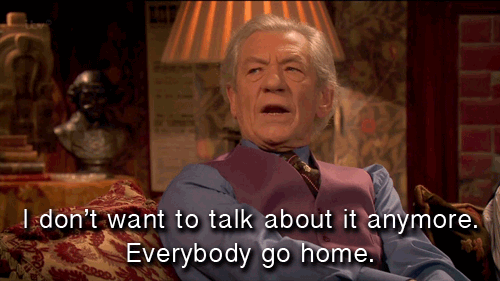
–
Holding the Man is available now on Blu-ray, DVD & digital.
–
Glenn Dunks is a freelance writer from Melbourne. He also works as an editor and a film festival programmer while tweeting too much @glenndunks.